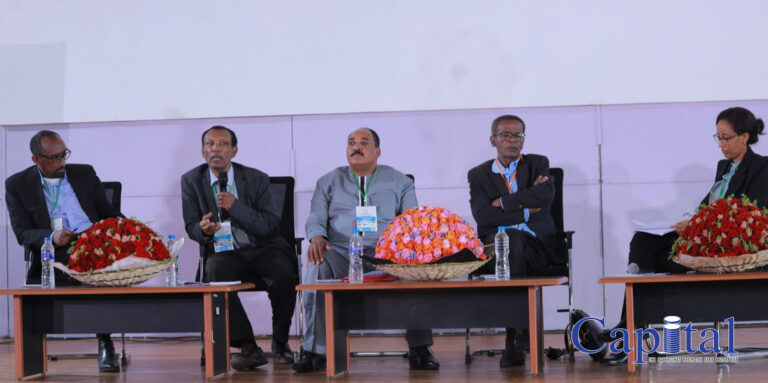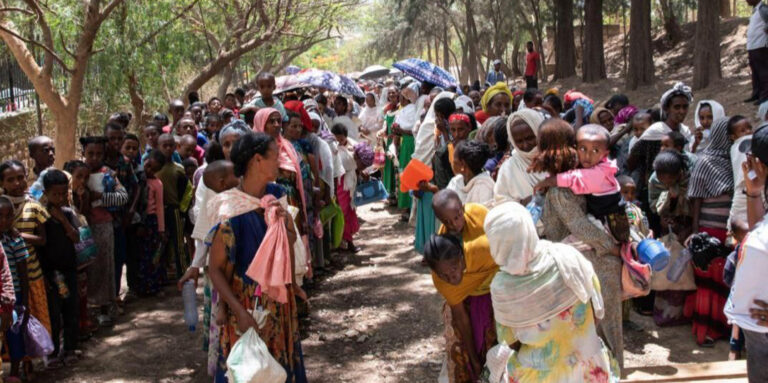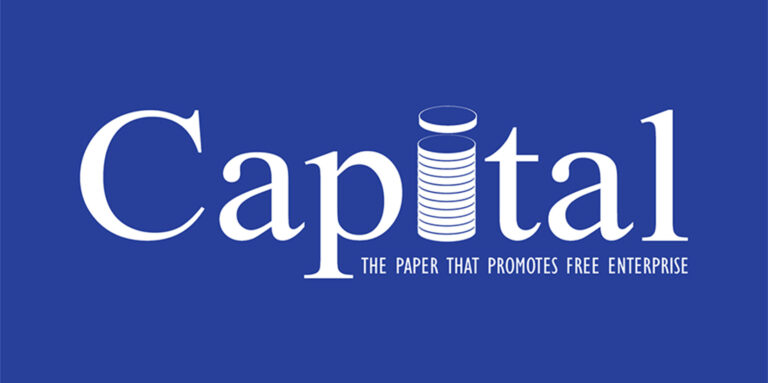The rhythms of Ethiopia’s creative pulse beat loud in its music, films, fashion, and visual arts. Yet, behind the vibrant expressions lies a troubling silence – one of neglect, underinvestment, and unfulfilled potential. –
Initiative Africa (IA), the long-standing civil society organization renowned for promoting social change through the arts, has pulled back the curtain with a recent groundbreaking survey on Ethiopia’s creative industries. The findings are both urgent and revealing.
“We wanted to go beyond anecdotes,” says Daniel Samuel, IA’s Programs Officer and lead researcher. “This study asked creatives themselves – what’s holding you back? The answers were louder than we expected.”
And what they heard was a chorus of obstacles: lack of funding, weak networks, piracy, limited market access, outdated equipment, and poor recognition of the sector’s economic contribution. In contrast to booming creative economies in Nigeria and South Africa – where film, music, and design are treated as strategic industries – Ethiopia remains years behind.
Daniel puts it bluntly:
“In Nigeria, the creative industry contributes over 2.3% to GDP and employs millions. In South Africa, it’s a policy priority. Here? We’re still asking whether it even counts.”
Yet Ethiopia’s creative sector, often informal and fragmented, has been a quiet engine of resilience – creating jobs, preserving heritage, and offering a mirror to society. The survey confirms this: over 60% of respondents reported self-employment in creative fields, while others generate part-time income from performances, exhibitions, or digital content.
Despite the odds, creatives persist. IA knows this better than most. Through its flagship program – the Addis International Film Festival (AIFF) – IA has become a beacon for documentary filmmaking in the region. Since its launch in 2007, AIFF has screened over 400 films, mentored emerging Ethiopian filmmakers, and given a voice to stories that would otherwise remain untold.
“Next year marks our 20th anniversary,” Daniel adds with pride. “And this survey will guide us on what needs to change before we enter the next chapter.”
The most cited challenge? Access to resources. From camera equipment to rehearsal space, creatives struggle to modernize. Others flagged the lack of consistent contracts, high raw material costs, weak copyright enforcement, and limited digital literacy.
But the story isn’t all grim. IA’s report also uncovered rich veins of talent, ingenuity, and entrepreneurial energy.
“What’s incredible is how much these creators do with so little,” says Daniel. “They aren’t waiting for handouts. They’re building brands, mentoring youth, launching digital platforms – all with limited support.”
IA believes that the right mix of policy support, investment, and visibility could unleash a creative renaissance in Ethiopia. The organization is now calling on government institutions, private sector players, and development partners to step up – not just with funding, but with strategy.
“This is not just about culture,” Daniel insists. “This is about jobs, exports, innovation. It’s about who we are and what future we want to build.”
With the African Continental Free Trade Area (AfCFTA) opening doors to cross-border creative exchange, Ethiopia stands at a crossroads. Will it invest in its storytellers, designers, musicians, and performers – or continue to watch others dominate Africa’s creative economy?
As IA prepares for the 20th edition of AIFF in 2026, the hope is that this moment becomes a turning point – not just for the festival, but for Ethiopia’s creative industry at large.
“Our creatives don’t need saving,” says Daniel. “They need partners.”






